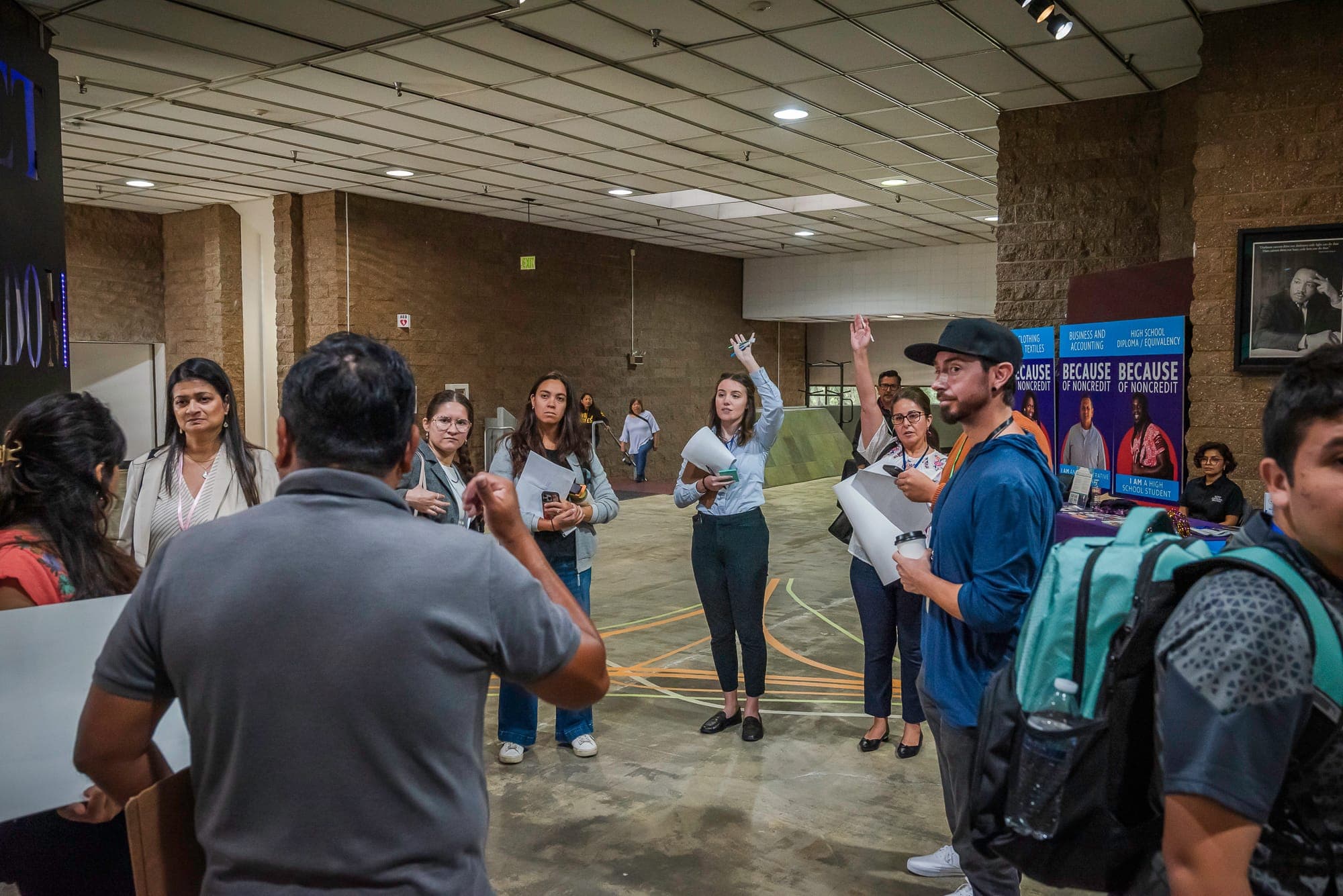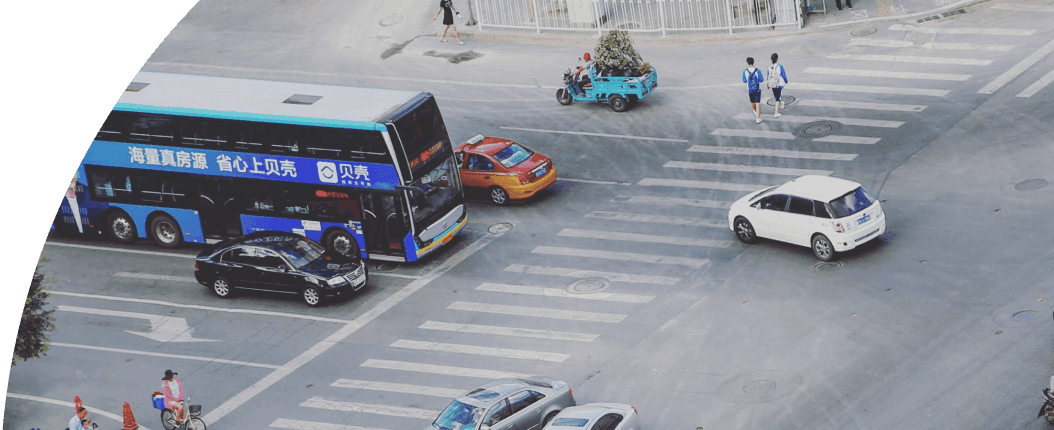
News
By Marian Liou, October 7, 2025
Metropolitan planning organizations (MPOs) play a pivotal but often unseen role in shaping how communities grow. They coordinate transportation and land use planning across multiple jurisdictions, allocate federal funding, and set priorities that determine which projects move forward. Their decisions influence everything from commutes to climate resilience, making them critical points of leverage for advancing equity and community-centered planning. Because of this unique role, MPOs are also well positioned to integrate arts and culture into their work—not as an afterthought, but to fundamentally reimagine how planning is conceived and executed at a regional scale. Smart Growth America’s Culture and Community Network (CCN), supports MPOs in embedding cultural and creative strategies into transportation and planning processes, helping agencies plan and design engagement that more effectively reflects communities’ realities and needs.
A practitioner's perspective
My journey began as a neighborhood advocate in suburban Atlanta, where I founded We Love BuHi to celebrate and uplift immigrant communities. Through cultural events and collaborations, I saw how culture can build power, shift narratives, and connect people to place. Later, at the Atlanta Regional Commission, I helped integrate arts and culture into planning, partnering with community groups to reimagine engagement and expand inclusion. These experiences showed me that arts and culture aren’t add-ons, but essential strategies for more equitable and effective regional planning.
This perspective is central to Smart Growth America’s Culture and Community Network (CCN), which brings together MPO staff from across the country to integrate arts, culture, and creativity into transportation and regional planning. While MPO responsibilities might seem technical and bureaucratic, these agencies occupy a crucial role at the intersection of federal investment, regional planning, and local implementation. By embedding cultural and creative approaches, MPOs can ensure planning reflects community realities, repairs past harms, and produces more equitable outcomes—transforming transportation from a system that has often divided communities into one that fosters connection, resilience, and belonging.
The urgent case for creativity in planning
For many residents, MPOs are invisible, even as their decisions directly shape mobility, development, and opportunity across entire regions. Governance structures can also give disproportionate power to suburban jurisdictions or state agencies, further distancing decision-making from the people most impacted. Arts and culture bridge this divide: storytelling, artmaking, and other creative practices demystify complexity, spark imagination, and invite co-design. Creativity builds trust, broadens participation, and produces outcomes that better reflect community needs.
MPOs are especially well-positioned to lead this shift. Their convening power and regional reach allow them to embed creative practices into long-range planning processes. When agency leaders treat MPOs as incubators of innovation—supporting staff to experiment, take risks, and share learning—these institutions can deliver better outcomes for entire regions.
Avoiding surface-level approaches
Not every use of arts and culture leads to real change. One-off projects or primarily aesthetic changes can generate temporary excitement but fail to influence decision-making. Worse, communities may become skeptical if these efforts feel symbolic or extractive. True impact comes from deeper engagement: designing the artist's role as a collaborator versus a vendor, compensating artists fairly, investing in underrepresented organizations, and embedding relational practices like listening, trust-building, and care into institutional processes. CCN encourages MPOs to move beyond visual add-ons and embrace the long-term power of culture in shaping planning and policy.
Building the field together
Through CCN, Smart Growth America supports MPO staff to experiment with creativity, learn from peers, and embed culture and connection into agency practices. Case studies from participating MPOs highlight a clear trajectory: assessing internal readiness, identifying allies and nurturing champions, and strengthening institutional capacity from within through consistent reflection and learning. Later this year, Smart Growth America and the State Smart Transportation Initiative will release a report compiling lessons from CCN, offering guidance to help MPOs navigate barriers, foster agency culture, and sustain creative, community-centered planning.
Moving forward
The future of regional planning depends not only on data and engineering, but also on creativity, culture, and human connection. By embracing arts and culture, MPOs can design engagement that reflects their communities, build trust for long-term collaboration, and create more resilient regions. At Smart Growth America, we see MPOs as essential to this transformation and are committed to supporting them as they lead the way.
Related News

© 2026 Smart Growth America. All rights reserved
Site By3Lane Marketing












